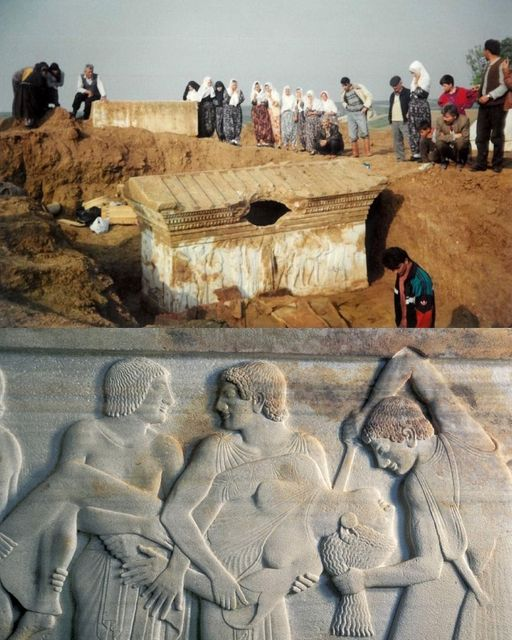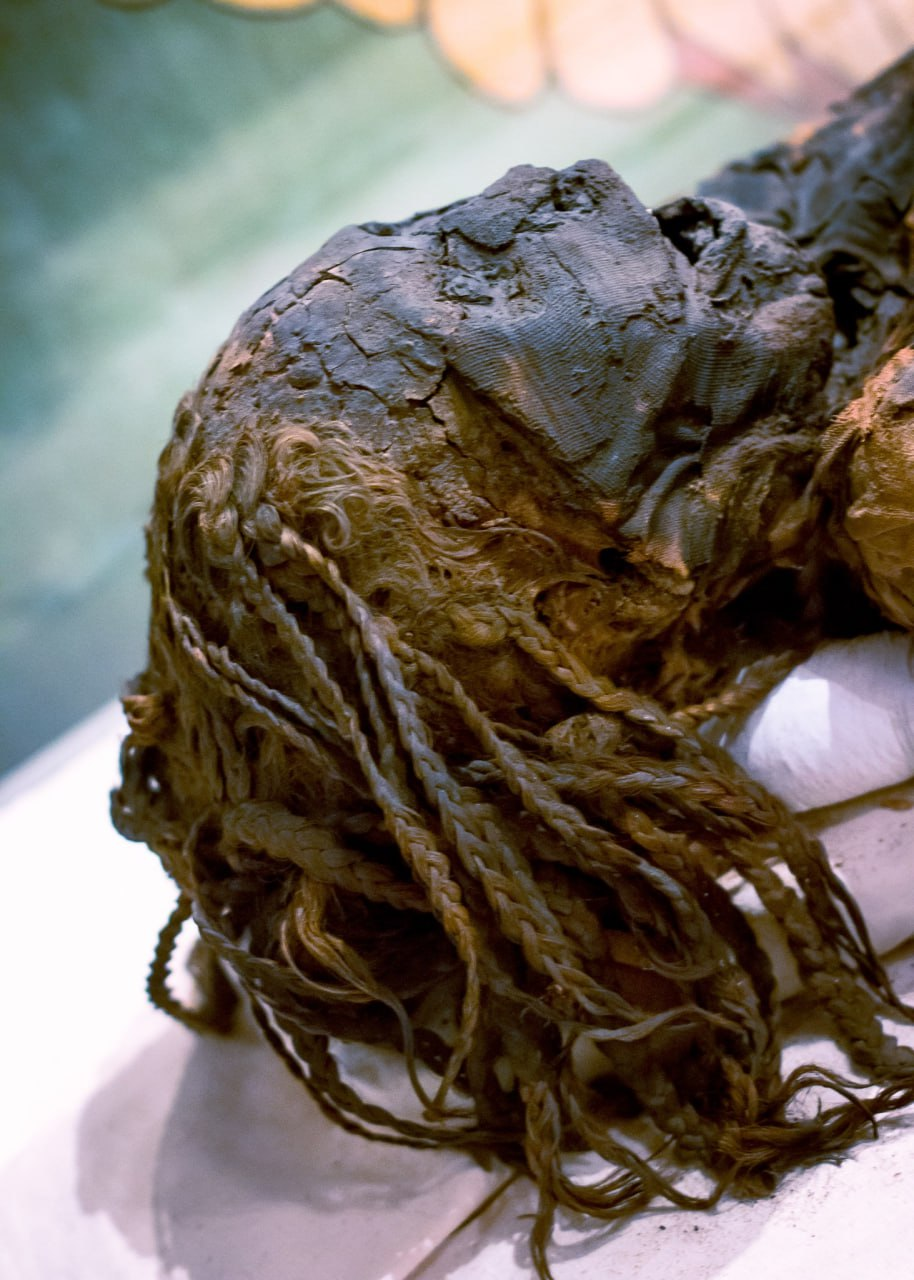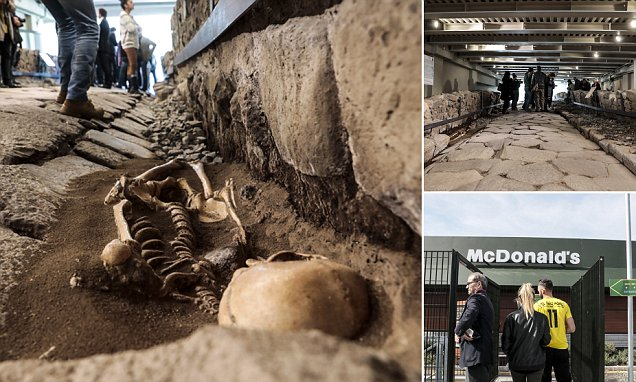Edward [1330-1376 AD] (Black Prince) Prince of Wales, eldest son of Edward III of England and heir to the throne before his untimely death. The epithet (probably posthumous) was erroneously assumed to refer to his black armour but there is no evidence for this (Victorians even painted the effigy here black and it was only recently restored). During the Hundred Years' War he fought at the Battle of Crecy 1346 and captured the French king at Poitiers 1356. He ruled Aquitaine 1360-71; during the revolt that eventually ousted him, he caused the massacre of Limoges 1370 AD. In 1367 AD, he invaded Castile and restored to the throne the deposed king, Pedro the Cruel (1334-69 AD).
In the annals of English history, few figures loom as large as Edward, the Black Prince. Born in 1330 as the eldest son of Edward III, he was destined for greatness from an early age. Yet, his life was marked by triumph and tragedy, heroism and controversy. Join me as we unravel the enigmatic legacy of this medieval prince, exploring his military exploits, political intrigue, and the enduring myths that surround his name.
![Edward [1330-1376 AD] (Black Prince) Prince of Wales, eldest son of Edward III of England and heir to the throne before his untimely death. Edward [1330-1376 AD] (Black Prince) Prince of Wales, eldest son of Edward III of England and heir to the throne before his untimely death.](https://1.bp.blogspot.com/-qUSvTGzof70/XqN0DGhhRlI/AAAAAAADOQk/V4ozrvp1nxE0S23okUc9EfP190LGWk6xwCLcBGAsYHQ/s640/1510-Edward%2BEl%2BPrincipe%2BNegro%2B2.jpg)
The Warrior Prince: Edward's early years were defined by his prowess on the battlefield, earning him the epithet "the Black Prince" – a moniker shrouded in mystery and speculation. While popular belief attributes the name to his black armor, historical evidence suggests otherwise. Nonetheless, his martial achievements were legendary. At the Battle of Crécy in 1346, he distinguished himself as a formidable commander, leading English forces to a decisive victory over the French. His crowning moment came at the Battle of Poitiers in 1356 when he captured King John II of France, cementing his reputation as one of England's greatest military leaders.
![Edward [1330-1376 AD] (Black Prince) Prince of Wales, eldest son of Edward III of England and heir to the throne before his untimely death. Edward [1330-1376 AD] (Black Prince) Prince of Wales, eldest son of Edward III of England and heir to the throne before his untimely death.](https://1.bp.blogspot.com/-2CmaKeOWEy4/XqN0D5vwT7I/AAAAAAADOQ8/RNh8FZyDRC053nfpqVB-G0SXKtCGGiRdgCEwYBhgL/s640/1510-Edward%2BEl%2BPrincipe%2BNegro.jpg3.jpg)
The Lord of Aquitaine: Following his triumphs in France, Edward was appointed ruler of Aquitaine in 1360, a vast territory comprising much of southwestern France. His tenure as Prince of Aquitaine was marked by both prosperity and controversy. While he implemented reforms and fostered economic growth, his heavy-handed tactics and suppression of dissent sparked resentment among the local populace. The culmination of this discontent came in 1370 with the infamous massacre of Limoges, where Edward ordered the slaughter of thousands in response to a rebellion against his rule. This dark chapter tarnished his reputation and fueled debate over his legacy for centuries to come.
![Edward [1330-1376 AD] (Black Prince) Prince of Wales, eldest son of Edward III of England and heir to the throne before his untimely death. Edward [1330-1376 AD] (Black Prince) Prince of Wales, eldest son of Edward III of England and heir to the throne before his untimely death.](https://1.bp.blogspot.com/-XjxVFMqXtIo/XqN0EZ7MfzI/AAAAAAADORA/qoZiqgZZtO01iTXMQMt5i4857v_sTepEQCEwYBhgL/s640/1510-Edward%2BEl%2BPrincipe%2BNegro.jpg5.jpg)
The Intervention in Castile: Edward's ambitions extended beyond the borders of France, leading him to intervene in the complex politics of the Iberian Peninsula. In 1367, he embarked on a daring expedition to Castile, where he sought to restore Pedro the Cruel to the throne after his deposition by his half-brother, Henry of Trastámara. Despite initial success, Edward's intervention proved short-lived, and Pedro's brutal reign ultimately ended in his assassination. The Black Prince's role in the Castilian conflict remains a subject of historical debate, with scholars grappling with questions of motive, morality, and the long-term consequences of his intervention.
![Edward [1330-1376 AD] (Black Prince) Prince of Wales, eldest son of Edward III of England and heir to the throne before his untimely death. Edward [1330-1376 AD] (Black Prince) Prince of Wales, eldest son of Edward III of England and heir to the throne before his untimely death.](https://1.bp.blogspot.com/-WJe9y0xDgC8/XqN0DHz-N8I/AAAAAAADOQ4/VdtJNuG-QicNIaXWdRqUEqFW5LOI6xqeACEwYBhgL/s640/1510-Edward%2BEl%2BPrincipe%2BNegro.jpg)
Legacy and Historical Reassessment: As we reflect on the life and legacy of Edward, the Black Prince, it is essential to consider the complexities of his character and the broader context of his time. While he is celebrated as a chivalric hero and military genius, his actions also raise troubling questions about the ethics of war and the exercise of power. Moreover, the enduring myths and misconceptions surrounding his name serve as a reminder of the selective nature of historical memory and the importance of critical inquiry. As scholars continue to reassess Edward's legacy in light of new evidence and perspectives, his place in history remains a subject of ongoing fascination and debate.
![Edward [1330-1376 AD] (Black Prince) Prince of Wales, eldest son of Edward III of England and heir to the throne before his untimely death. Edward [1330-1376 AD] (Black Prince) Prince of Wales, eldest son of Edward III of England and heir to the throne before his untimely death.](https://1.bp.blogspot.com/-A-Lep4zodsU/XqN0E4BdF-I/AAAAAAADORE/It-XWsU3Gb4OCkmR10SfnEbiMIAKGQY6ACEwYBhgL/s640/1510-Edward_Black_Prince.jpg)
In conclusion, the story of Edward, the Black Prince, is one of triumph and tragedy, heroism and controversy. From his battlefield exploits in France to his turbulent rule in Aquitaine and intervention in Castile, he left an indelible mark on the pages of history. Yet, his legacy is as complex as the man himself, shaped by myth, misconception, and historical interpretation. As we strive to understand the true significance of his life and deeds, let us not shy away from confronting the complexities and contradictions that define his legacy. For in the study of Edward, the Black Prince, we find not only a window into the medieval world but also a reflection of our own enduring fascination with the past.
Ancient Discoveries: While Edward, the Black Prince, belongs to the medieval era, his story reminds us of the timeless allure of history and the ongoing quest to uncover ancient discoveries. From the ruins of ancient civilizations to the treasures of forgotten tombs, the past continues to reveal its secrets to those who dare to explore its depths. Whether through archaeological excavations, historical research, or technological advancements, ancient discoveries offer a glimpse into the lives and cultures of those who came before us. As we marvel at the legacy of figures like Edward, let us also celebrate the ongoing exploration of our shared human heritage, where every artifact and inscription tells a story waiting to be discovered and told.

![Edward [1330-1376 AD] (Black Prince) Prince of Wales, eldest son of Edward III of England and heir to the throne before his untimely death. Edward [1330-1376 AD] (Black Prince) Prince of Wales, eldest son of Edward III of England and heir to the throne before his untimely death.](/uploads/Article/2024/4/00099010/zejGnsD4ke.jpg)




